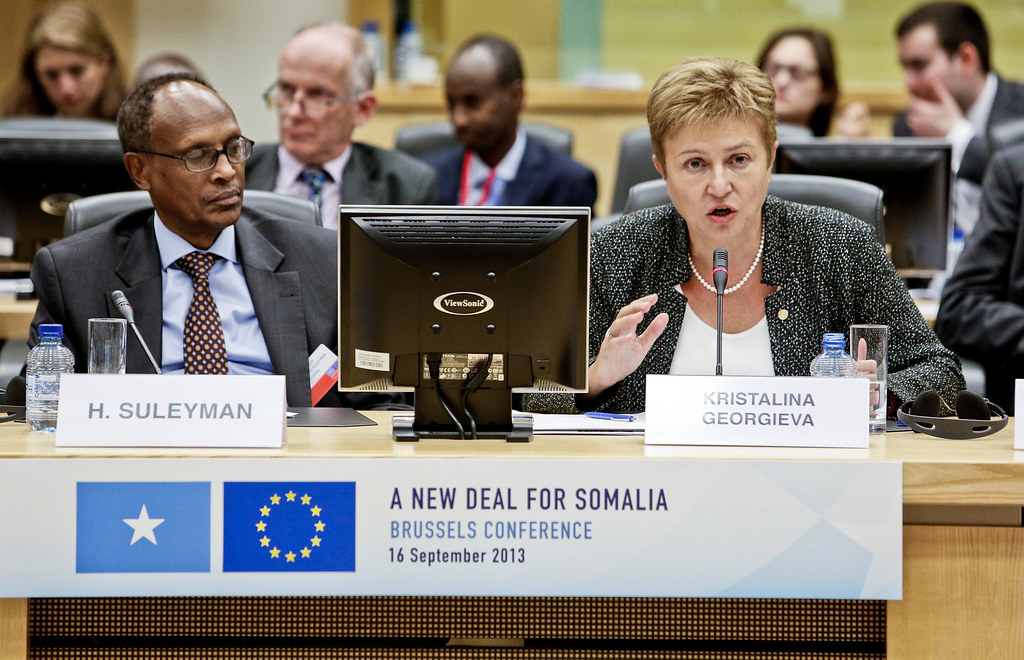As the IMF prepares to hold its annual meetings in Africa for the first time in 50 years, Managing Director Kristalina Georgieva is striving to convince the public that the institution is now a strong partner for the continent. She touts expanded financial assistance during the pandemic, from $1 billion annually pre-COVID to $10 billion in 2020–21. More aid is planned through new vehicles like the Resilience and Sustainability Trust.
However, this pales compared to the African Union’s call for $500 billion yearly in concessional financing from multilateral banks. Doubts persist on whether the IMF has truly changed after decades of imposing painful austerity via structural adjustment programs blamed for perpetuating poverty and undermining development.
While the IMF has moved away from doctrinaire stances, concerns remain that its advice is overly restrictive and wedded to neoliberal orthodoxy. Past hardship makes many African finance ministers wary of IMF engagement. Have power dynamics really shifted to a relationship of equals?
Critics say the IMF needs to be bolder on debt relief, demanding deep cuts from bilateral creditors like China. It remains reluctant to sanction non-cooperative creditors. Programs are also viewed as giving inadequate weight to social spending needs.
More financing is welcome, but lasting trust requires recipients to feel the IMF respects their policy space, not rigid conditions. Are new programs flexible enough to enable country ownership?
The IMF deserves credit for increasing its Africa focus. But the true test is supporting people-centred development without prolonged austerity. With a legacy of hardship, bonds of trust do not shift easily.
The IMF must also address Africa’s woeful underrepresentation in governing structures like the Executive Board. More financing helps, but only empowering nations to shape homegrown solutions will unlock Africa’s potential. Rhetoric recognises this; IMF actions must now follow.

